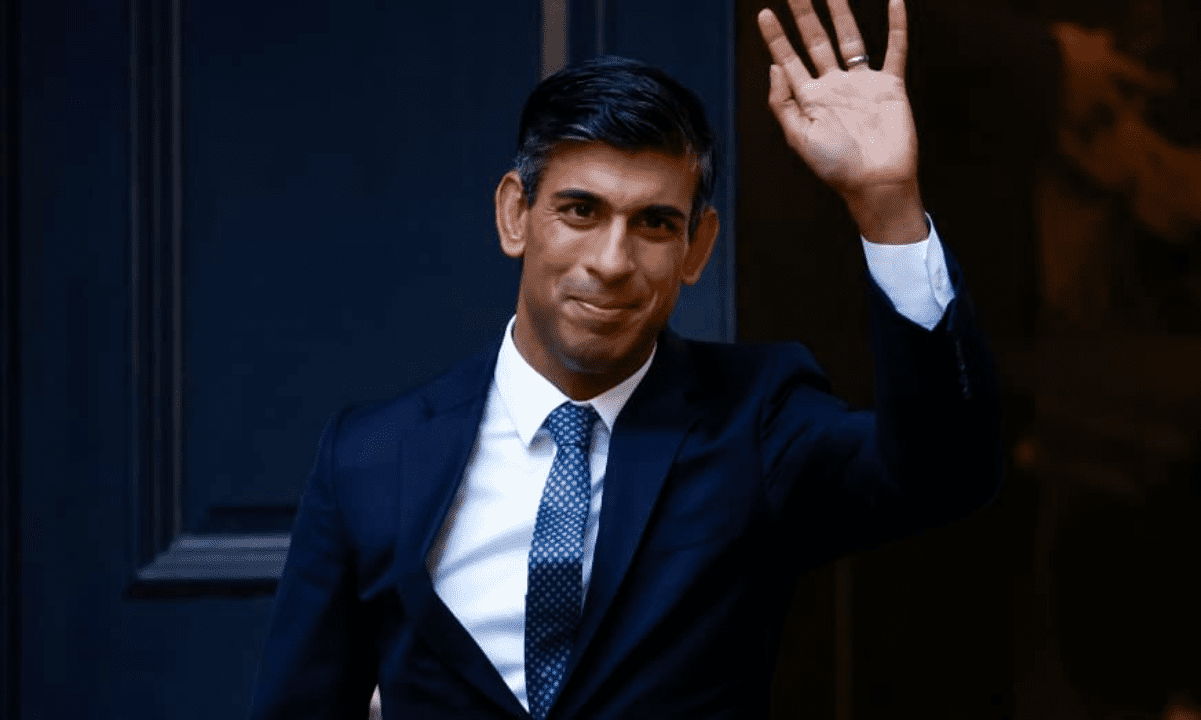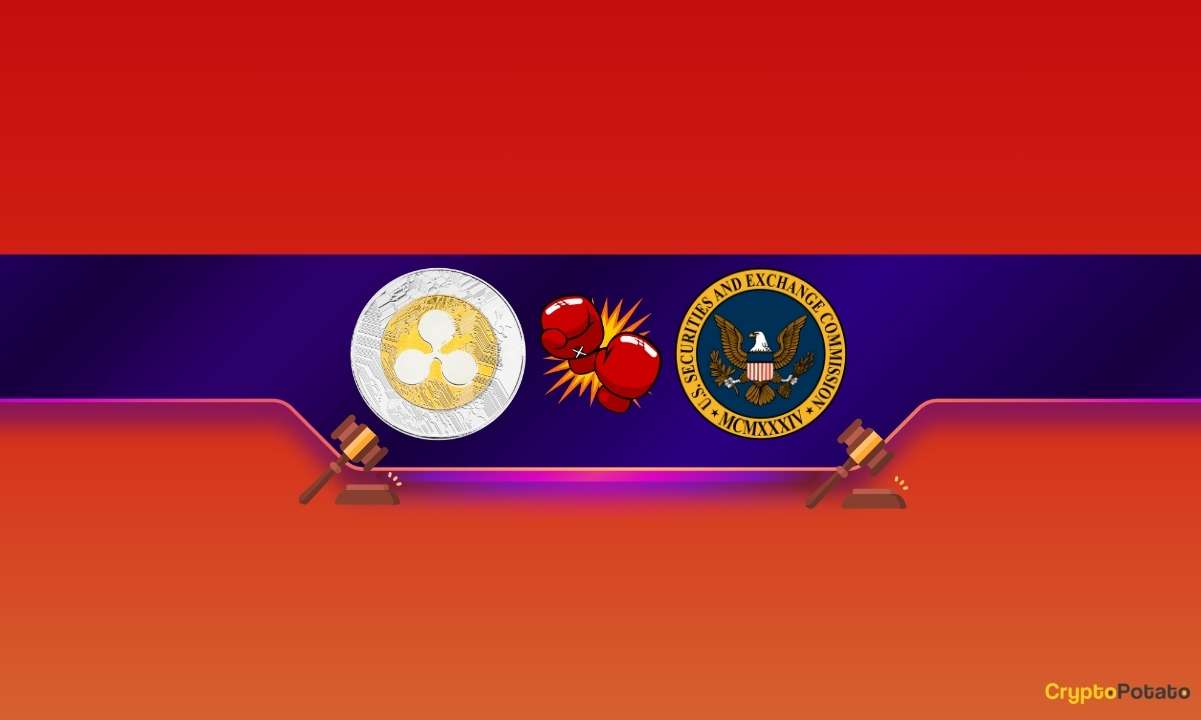Put America’s Geeks to Work, Don’t Cage Them
As we progress into the digital age, America needs its computer geeks. Yet the U.S. government, rather than mine their ideas and talents, has thrown too many of them into prison. If we want to beat the Chinese and Russians in cyberspace, we’ll need our nerds – even those with a criminal past. Our adversaries encourage their best tech minds and innovators to break into America’s servers, while we too often imprison ours. We don’t even know exactly how many tech geniuses’ talents are being wasted as they languish in federal prison for various cybercrimes.
What we do know is that the federal government has thrown the book at many exceptional, often idealistic, young nerds who break the law. Inspired by the potential of a new digital frontier and lacking the maturity, or mentors, to guide their talents, some of the most brilliant end up outside the law. They then become targets of prosecutors and FBI agents intent on making a name for themselves by incarcerating them. Many of our most gifted minds are being squandered in this way, to the detriment of us all. Too many innovative ideas and dreams are dashed at the courthouse steps or the prison door.
Lyn Ulbrict is an activist and public speaker. This op-ed is part of CoinDesk’s “Policy Week,” a forum for discussing how regulators are reckoning with crypto (and vice versa).
Using – instead of caging – our geeks would benefit society and make us all much safer. An example is computer security researcher/hacker Marcus Hutchins, who once committed cybercrimes but was released after he helped foil a massive ransomware attack. He is living proof that our society and nation benefit when we give second chances and offer redemption.
Hutchins is one of a long list of young techies who began as hackers but, whatever their personal flaws, went on to have a significant impact on our world. They include Mark Zuckerberg, Steve Jobs, Steve Wozniak and Sean Parker.
Two young men who have suffered a far harsher fate are Reddit co-founder Aaron Swartz and my son, Ross Ulbricht. Tragically, Swartz committed suicide when faced with the possibility of a 35-year prison sentence for illegally downloading academic articles to make them free and accessible. As for Ross, he faces death in prison, not for hacking anything but for his role in the Silk Road website. Both cases are horrendous, wasteful tragedies inflicted by a destructive system of extreme and cruel punishment.
Ross Ulbricht was handed an unheard-of sentence for a nonviolent, first-time offense: double life plus 40 years without parole. Not one of his trial charges involved violence of any kind. An Eagle Scout, scholarship winner and scientist, Ross followed his free-market ideals and interest in new technologies to innovate new ways of trading, using the then-little-known cryptocurrency bitcoin. He created the online marketplace Silk Road, which was based on privacy and the non-aggression principle of voluntary interaction. On the site, people could buy and sell what they chose, as long as they didn’t harm a third party. Most commonly exchanged were small quantities of marijuana, now legal throughout much of the U.S., including in three states where Ross has been incarcerated.
Now almost 38, Ross Ulbricht is not the same person he was in his twenties. Who is? His impetuous behavior is long gone, but his commitment to people and humanity is still there and apparent in what he says. He writes and has spoken about forgiveness and gratitude, and uses his creativity and knowledge to bring solutions to current problems in society. He uses his time constructively. He prays and meditates, studies and writes, creates art, leads classes and tutors his fellow prisoners. He spent months in protective isolation, in an 8×10 windowless cell, rather than commit violence against a fellow inmate. He has been a model prisoner in every sense and a light in a dark place. And yet, as of now, this peaceful man is condemned to leave prison in a body bag for something he created online when he was 26 years old.
Like so many others languishing in our prison system, Ross has much to contribute and we, as a society, are being deprived of that to our detriment. Almost half a million agree and have signed an online petition asking the president to commute Ross’ unjust and cruel sentence. His numerous supporters include congressmen and governors, criminal justice advocates, technology entrepreneurs and many more. Those who believe Ross’ punishment does not fit the crime and is profoundly unjust come from all parts of the political spectrum.
The majority of Americans oppose the draconian methods of the U.S. criminal justice system. They oppose spending multiple millions of taxpayer dollars to cage and warehouse nonviolent people for years, decades and lifetimes. This includes cyber offenders. Instead, we need those geeks working for us. As the television host and commentator John Stossel wrote about Ross Ulbricht and others, in order to move forward with innovation and new discoveries we need our rule breakers.
Let’s put our geeks to use, not cage them.
Subscribe to State of Crypto, our weekly newsletter on policy impact.
By signing up, you will receive emails about CoinDesk product updates, events and marketing and you agree to our terms of services and privacy policy.









